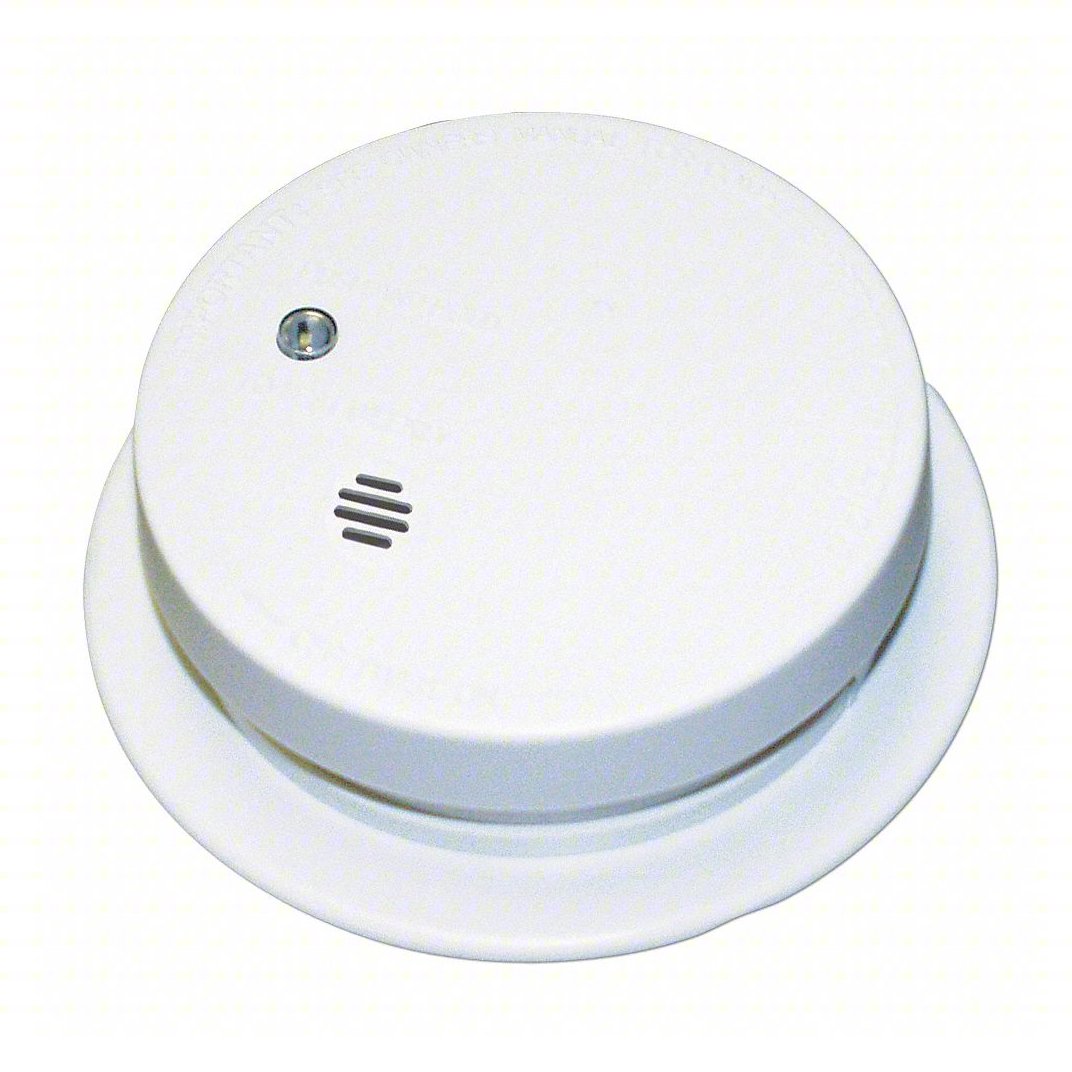Smoke detectors are essential devices that provide early warning signs of potential fires, allowing us to take immediate action and protect ourselves and our loved ones. While the development of modern technology has brought significant improvements to smoke detector batteries, it’s still crucial to ensure their optimal functionality. In this article, we’ll explore the importance of changing batteries in smoke detectors every six months and discuss the convenience of newer models equipped with 10-year batteries.
- The Lifesaving Role of Smoke Detectors
Smoke detectors are vital components of any home’s safety system. They constantly monitor the air for the presence of smoke, which could indicate a fire. As soon as smoke particles are detected, smoke alarms emit a high-pitched sound, alerting occupants of potential danger and allowing them to evacuate the premises swiftly.
- The Need for Regular Battery Replacement
Traditional smoke detectors typically operate using replaceable batteries, usually 9-volt alkaline batteries. These batteries provide the necessary power to ensure the smoke detector functions optimally. Over time, however, batteries can lose their charge, resulting in diminished performance or complete failure.
To avoid the risk of a non-functional smoke detector, it is recommended to change the batteries every six months. By adhering to this simple routine, you guarantee that your smoke detector will continue to operate effectively and provide the early warning required in an emergency.
- Importance of Testing Your Smoke Detectors
In addition to regular battery replacement, it’s crucial to test your smoke detectors at least every six months to ensure they are functioning correctly. Testing involves pressing the designated test button and listening for the alarm to sound. This simple act can save lives, as it confirms that your smoke detectors are in proper working order and can effectively detect smoke in case of a fire.
- The Rise of 10-Year Battery Smoke Detectors
While changing batteries every six months is an important practice, modern advancements have led to the development of smoke detectors equipped with 10-year batteries. These long-life batteries eliminate the need for regular replacements and simplify maintenance requirements.
10-year battery smoke detectors use advanced lithium-ion or sealed-in lithium batteries that provide extended power without degradation over time. They are designed to last the full lifespan of the smoke detector, which is typically around 10 years. This innovation offers peace of mind, as homeowners no longer need to worry about regular battery replacements.
However, it’s important to note that even with the convenience of 10-year batteries, regular testing is still crucial to ensure the smoke detector’s sensors and other components are functioning correctly.
- Additional Safety Measures
While maintaining smoke detectors is essential, it’s also important to complement their functionality with other safety measures:
a. Regularly clean your smoke detectors to remove dust and debris, as they can impair their effectiveness. b. Install smoke detectors in every bedroom, outside each sleeping area, and on every level of your home, including the basement. c. Develop a fire escape plan and practice it with your family members to ensure everyone knows how to respond in an emergency.
Smoke detectors play a vital role in safeguarding our homes and loved ones. By changing batteries every six months and regularly testing your smoke detectors, you ensure their optimal performance when it matters most. While newer smoke detectors equipped with 10-year batteries offer added convenience, testing them regularly remains crucial. Stay proactive in your fire safety efforts, and remember that prevention and preparedness are the keys to a safe and secure home.

Comments are closed